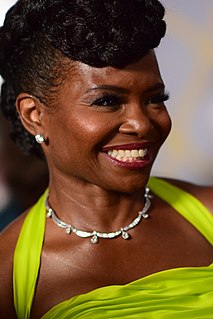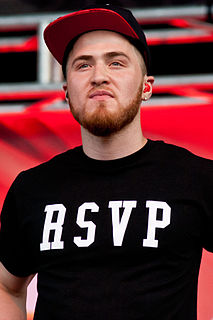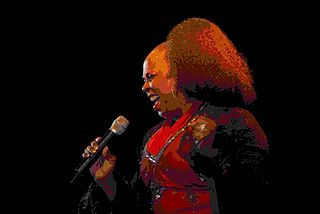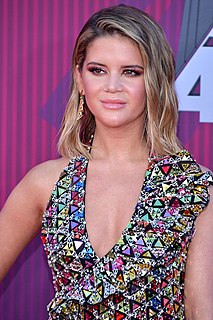A Quote by Elizabeth Berg
I turn off the radio, listen to the quiet. Which has its own, rich sound. Which I knew, but had forgotten. And it is good to remember.
Related Quotes
I don't really listen to my old stuff, but on occasion, I would either hear a track on the radio or a friend might play me one, and there was generally a bit of an edgy sound to it, which was mainly due to the digital equipment that we were using, which was state of the art at the time - and I think everyone felt pressured to be working that way.
First and foremost, Howard Cosell is sports. There are all these people, these fans, who claim that when Cosell does a game on television, they turn off the sound on the TV and listen to the radio broadcast. Oh, sure. You probably know critics in your neighborhood who vow the same thing. Well, too bad for them.
I wrote 'Turn Your Radio On' in 1937, and it was published in 1938. At this time radio was relatively new to the rural people, especially gospel music programs. I had become alert to the necessity of creating song titles, themes, and plots, and frequently people would call me and say, 'Turn your radio on, Albert, they're singing one of your songs on such-and-such a station.' It finally dawned on me to use their quote, 'Turn your radio on,' as a theme for a religious originated song, and this was the beginning of 'Turn Your Radio On' as we know it.
But I have a problem with the term 'light'. I never in my life knew what to do with that. I know that people have mentioned on some occasions that 'Richter is all about light', and that 'the paintings have a special light', and I never knew what they were talking about. I was never interested in light. Light is there and you turn it on or you turn it off, with sun or without sun. I don't know what the 'problematic of light' is. I take it as a metaphor for a different quality, which is similarly difficult to describe. Good.
I turn on the radio. I'm a really big fan of old-fashioned dial radio. I love WNYC and NPR and also 88.3 in New York, which is the jazz station, and it's usually good for background music. If I'm not in New York City or by a traditional radio, I'll stream it on my phone, although I usually try not to look at my phone first thing in the morning.
She had forgotten them all; forgotten Richard down in the mud, and the marquis and his foolish crossbow, and the world. She was delighted and transported, in a perfect place, the world she lived for. Her world contained two things: Hunter, and the Beast. The Beast knew that too. It was the perfect match, the hunter and the hunted. And who was who, and which was which, only time would reveal; time and the dance.
No Difference Small as a peanut, Big as a giant, We're all the same size When we turn off the light. Rich as a sultan, Poor as a mite, We're all worth the same When we turn off the light. Red, black or orange, Yellow or white, We all look the same When we turn off the light. So maybe the way, To make everything right Is for god to just reach out And turn off the light!
Mama and I would go to a funeral and she'd stand up to read the dead person's eulogy. She made the ignorant and ugly sound like scholars and movie stars, turned the mean and evil into saints and angels. She knew what people had meant to be in their hearts, not what the world had forced them to become. She knew the ways in which working too hard for paltry wages could turn you mean and cold, could kill the thing that made you laugh.







































